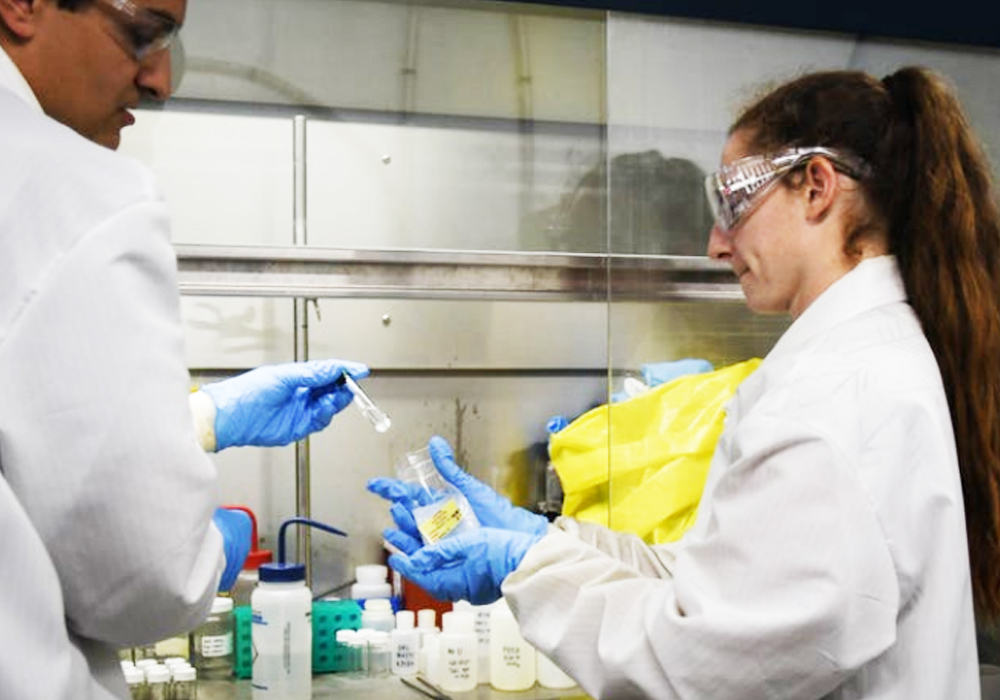
Medical isotopes maker Niowave Inc. plans a $20 million expansion that officials said will create 35 new technical jobs in the Lansing area.
The Lansing-based company plans to expand production of medical radioisotopes used in diagnostic and therapeutic treatments at its facility near Capital Region International Airport, Gov. Gretchen Whitmer's office said Tuesday in a news release.
The project will add "high-wage" jobs in the tech and life sciences sectors, and builds on the work being done at the FRIB facility at Michigan State University, officials said.
"Niowave chose mid-Michigan as home nearly 20 years ago because of the unique combination of science and advanced manufacturing talent," Niowave President Mike Zamiara said in the news release. "We made the right decision then and are excited to expand here now."
Whitmer said Niowave chose Michigan over competing sites in California, Indiana, South Carolina and Tennessee in part because of the regional talent pool created by the area's manufacturing heritage and the nuclear physics program at MSU.
A $500,000 "performance-based" grant from the Michigan Economic Development Corporation is supporting the expansion, officials said.
The Next Michigan Development Corporation also is considering an industrial tax abatement, and the company is working with the Lansing Economic Area Partnership to "identify possible support" for the project.
If it gets the approvals it needs, the company intends to proceed with the project this year, officials said. It was unclear when any physical expansion work would begin.
MEDC Senior Vice President of Regional Prosperity Matt McCauley described the project at "a win for Lansing and for the entire state."
Niowave was founded in 2005 as a spinoff from what is now known as the Facility for Rare Isotope Beams. The company makes medical and industrial radioisotopes derived from uranium and radium, and is one of only a few companies that can design, build, test and operate superconducting linear accelerators in house, state officials said.
In 2019, Niowave received a $15 million federal grant to help it jump-start production of a key medical radioisotope used in the fight against heart disease and cancer.
An agreement with the U.S. Department of Energy National Nuclear Security Administration called for it to use the money, and $15 million of its own, to produce molybdenum-99 (Mo-99), the most commonly used medical isotope in the world. Officials said the grant also would allow Niowave to hire more workers.